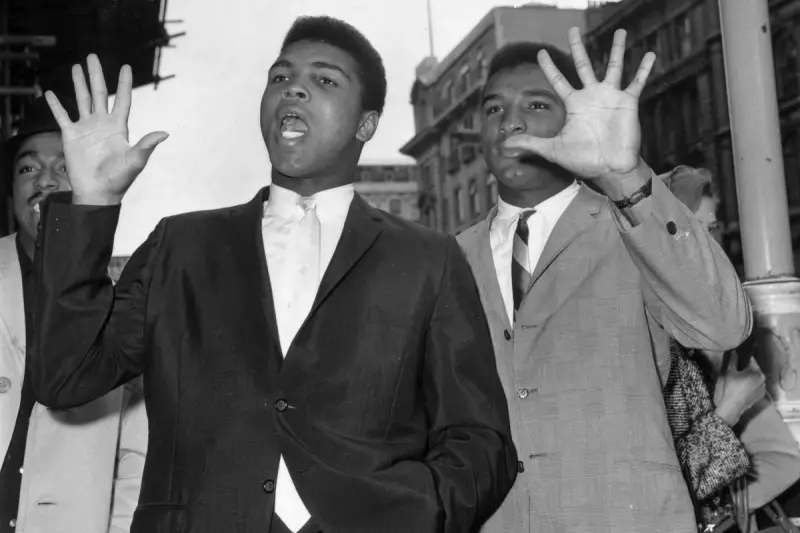
On a defining day in sporting and political history, the world's most famous athlete made a decision that would cost him everything but cement his legacy forever. On 28th April 1967, heavyweight boxing champion Muhammad Ali refused to step forward for induction into the US Army during the Vietnam War.
The scene was a stark government building in Houston, Texas. When his name was called, Cassius Clay, who had converted to Islam and changed his name, stood firm. His quiet defiance echoed around the room, a powerful act of resistance against the military draft.
The Price of Principle
The immediate fallout was severe and swift. The New York State Athletic Commission and World Boxing Association stripped him of his heavyweight title. His boxing licence was revoked, barring him from earning a living in the ring at the peak of his physical prowess.
Beyond the sport, the US government pursued a criminal case against him. Ali was found guilty of draft evasion, a conviction that carried a punishing five-year prison sentence and a $10,000 fine. He remained free pending appeal, but his career was effectively put on hold for over three years during his athletic prime.
"My Conscience Won't Let Me Go"
Ali’s refusal was not born from cowardice, but from deep religious and ethical conviction. A member of the Nation of Islam, he famously stated, "I ain't got no quarrel with them Viet Cong... They never called me nigger."
He argued that as a Muslim minister, he should be granted conscientious objector status. His fight was not in Vietnam; it was for civil rights and justice at home in America. This principled stand transformed him from a celebrated sportsman into a global icon of social conscience and resistance.
A Victory and a Vindication
Ali’s legal battle stretched on for four gruelling years. Finally, in 1971, his conviction was dramatically overturned by the US Supreme Court in a unanimous 8-0 decision. The court recognised the sincerity of his religious beliefs, granting him the conscientious objector status he had originally sought.
This landmark legal victory allowed him to return to the ring and reclaim his throne, but his time away had irrevocably changed him. The period of exile, however, solidified his image as a man who sacrificed fame and fortune for his beliefs.
Muhammad Ali’s act of defiance on that April day is now remembered not as a crime, but as one of the most courageous stands in 20th-century history. It was a moment where sport, politics, and human rights collided, creating a lasting legacy of what it means to stand up for one's principles, no matter the cost.





